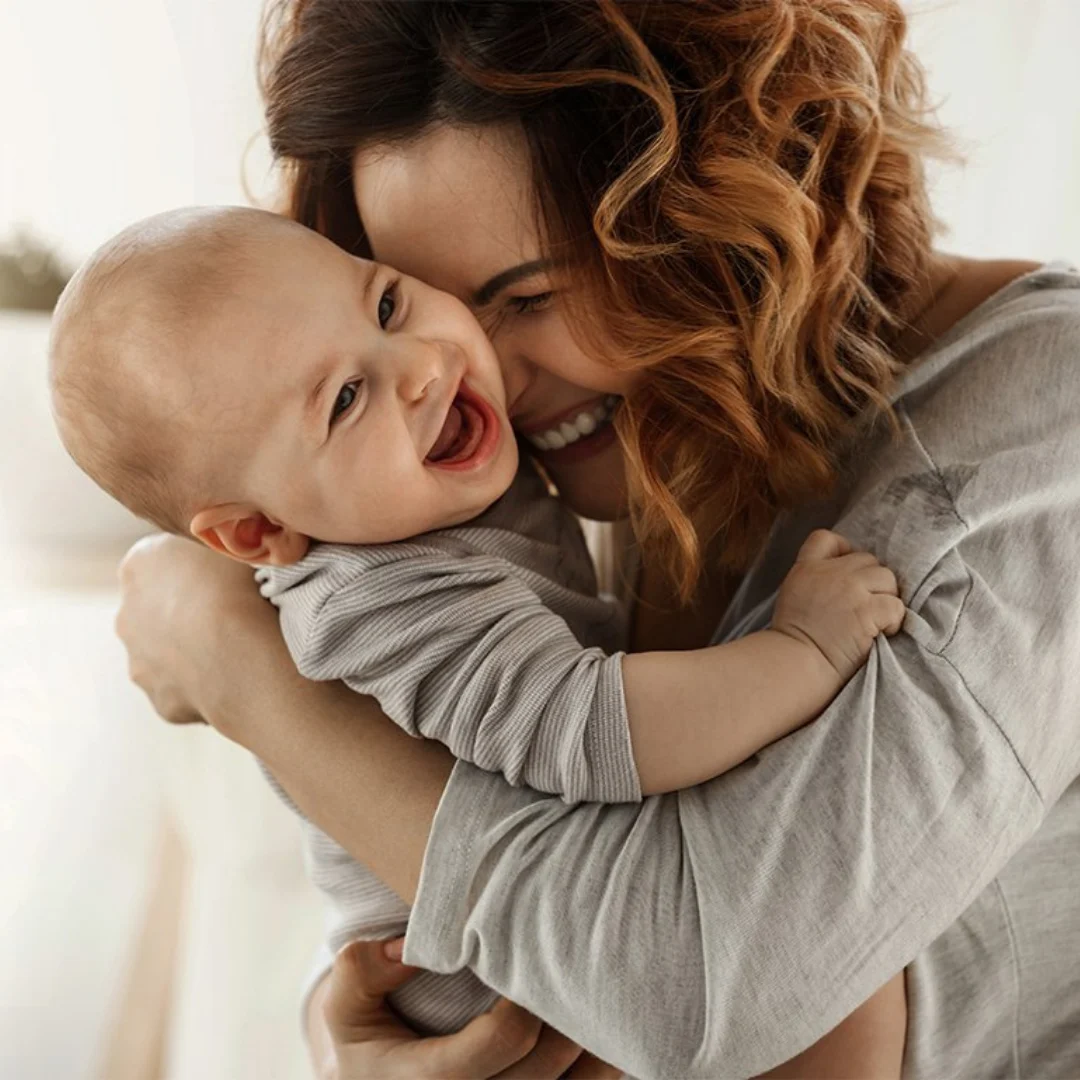Dear Doctor Who Told Me I’d Probably Never Be a Mom,
I’ll always remember you—not just for your introduction, but for the way you delivered your news without any consideration for my state of undress. I was perched on that exam table, clad only in a flimsy paper gown, with a thick stack of paper towels beneath me to catch the blood from my recent miscarriage. I clutched that gown as if it were my last shred of dignity, but we both knew dignity was slipping away faster than the blood itself.
“Three to five percent,” you stated matter-of-factly, giving me the odds of carrying a pregnancy to term. You based this grim prediction on my medical history: 41 years old, three miscarriages in 18 years, never having had a full-term pregnancy, and uterine fibroids.
You didn’t know me. This was our first meeting and I had just come from two ER visits. The first visit had shown a heartbeat, and I was told there was a “90 percent” chance everything would be fine. But two days later, that heartbeat was gone. Ironically, my appointment with you had been scheduled before any of this, and I had to fight tooth and nail to see you because your receptionist insisted you only saw patients after 10 weeks.
“But I’m 41,” I pleaded. “And I’ve had miscarriages.” I used that information to secure an appointment at just over eight weeks pregnant, but it was too late. Sitting on your exam table, bleeding heavily, you turned my facts against me. Not out of malice, no—just a cold professionalism. There was no pity in your gaze, just a clinical detachment.
I don’t recall every word you said. You mentioned surgery to remove the fibroids, and I asked if that would help my chances. You shrugged, “At your age, who knows? Maybe a little.” You suggested checking my egg reserve, but I tuned out. All I wanted was for you to leave so I could dress and escape.
I did make a follow-up appointment, as you requested, but I never went. I got dressed and left, only breaking down once I reached my car. Three to five percent. I knew those statistics all too well, having read countless articles. To you, I was merely a statistic—a woman with advanced maternal age who needed a dose of reality. But in my rearview mirror, I saw someone with puffy eyes and flushed cheeks—and someone who wasn’t ready to give up. Not yet.
I found another doctor, who didn’t bother with statistics. When I saw him at six weeks pregnant, I asked about a progesterone supplement, which I had read can help older women. He said it wouldn’t hurt and wrote me a prescription. He didn’t suggest I prepare for another miscarriage or act like I was fooling myself into believing this time would be different. I don’t know if the progesterone helped, or if it was simply my time, but I beat the odds. Twice. My three-to-five percent babies are now 3 and 5 years old.
I don’t harbor anger towards you, Dr. Who Told Me I’d Probably Never Be a Mom. You were there to summarize my loss, and perhaps you thought you were helping me by giving me facts I already knew. I realize I wasn’t very articulate that day, but you were clear and unyielding.
Another woman might have stopped hoping after your words. They might have thanked you and moved on. While your statistics may ring true for many, they didn’t apply to me, and I want you to remember that. The next time a woman is sitting on your exam table—broken, bleeding, and seeking hope—please let her dress first before laying out the statistics. And when you’re done, tell her about me.
If you’re looking for more information about pregnancy and home insemination, check out this excellent resource on fertility. For practical tools, consider visiting Cryobaby for their home insemination kits.
Summary
The author reflects on a painful experience with a doctor who delivered harsh statistics about her chances of having a child after suffering multiple miscarriages. Rather than succumbing to despair, she found another doctor who provided support and ultimately helped her beat the odds, resulting in two healthy children.
